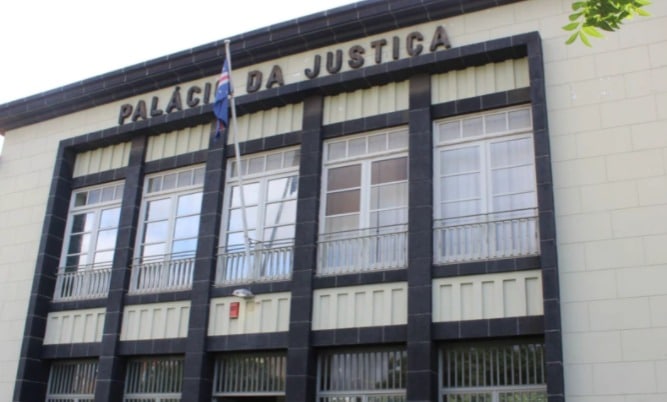Cape Verde will introduce electronic ankle bracelets as an alternative to prison, used mainly for petty offenses, to reduce prison overcrowding and promote social reintegration, according to the system unveiled today.
Electronic monitoring of prisoners emerged in the 1960s and became widely used in the United States in the 1980s.
Since then, it has been used in many countries, and Cape Verde will follow the Portuguese model, according to Justice Minister Joana Rosa.

The solution was developed by VisonWare, a Portuguese IT company that has been present in Cape Verde for more than 15 years and has more than 20 clients there in the government, banking, insurance, pharmaceutical, and energy sectors.
The minister assured that the Ministry of Justice would do everything possible to start the implementation of the electronic bracelet as soon as possible, explaining that this is a “new moment” for the sector that comes after the installation of the videoconferencing system in all the courts of the country to allow remote hearings.
“We are counting on the introduction of the electronic bracelet, which will be used to monitor prisoners who are under house arrest, community service, or other measures that the courts may decide,” said Joana Rosa, adding that the Ministry of Justice will soon introduce the Prison Information System.
The Cape Verdean Justice Minister explained that the country’s social reintegration policy is aligned with this new mechanism, which she also hopes will help reduce small and medium crime and solve the problem of overcrowding in Cape Verdean prisons.
“We also think it is essential that the courts are open and sensitive to the use of alternative sentences, given the circumstances and conditions,” Joana Rosa urged, as Cape Verde is in a “new and important moment” for social reintegration and the penitentiary system.
According to the last known survey, at the end of 2018, there were 1,567 prisoners distributed among five regional and two central prisons in Cabo Verde.
Of that total, Praia Central Prison housed more than 1,100 inmates, representing two-thirds of the country’s prison population, two other central prisons in São Vicente and Sal, and regional prisons in Santo Antão and Fogo.
In August, the Cape Verdean Directorate General of Penitentiary and Social Reintegration signed a protocol with Hospital Agostinho Neto that will be extended to other facilities to introduce alternative sentences to imprisonment and promote social reintegration.
For the Director General of Penitentiary and Social Reintegration, João Monteiro Delgado, this is a “great” measure with “great benefits” for the justice, prison, and social reintegration system.
He called it a “historic milestone” for Cape Verdean society. He stressed that the electronic ankle bracelet would allow convicts to maintain their family and professional ties and their social and economic circumstances.
However, the director pointed out that the measure can be revoked or modified at any time if incidents or failures occur attributable to the convict, who must now serve the remainder of the sentence in prison.

